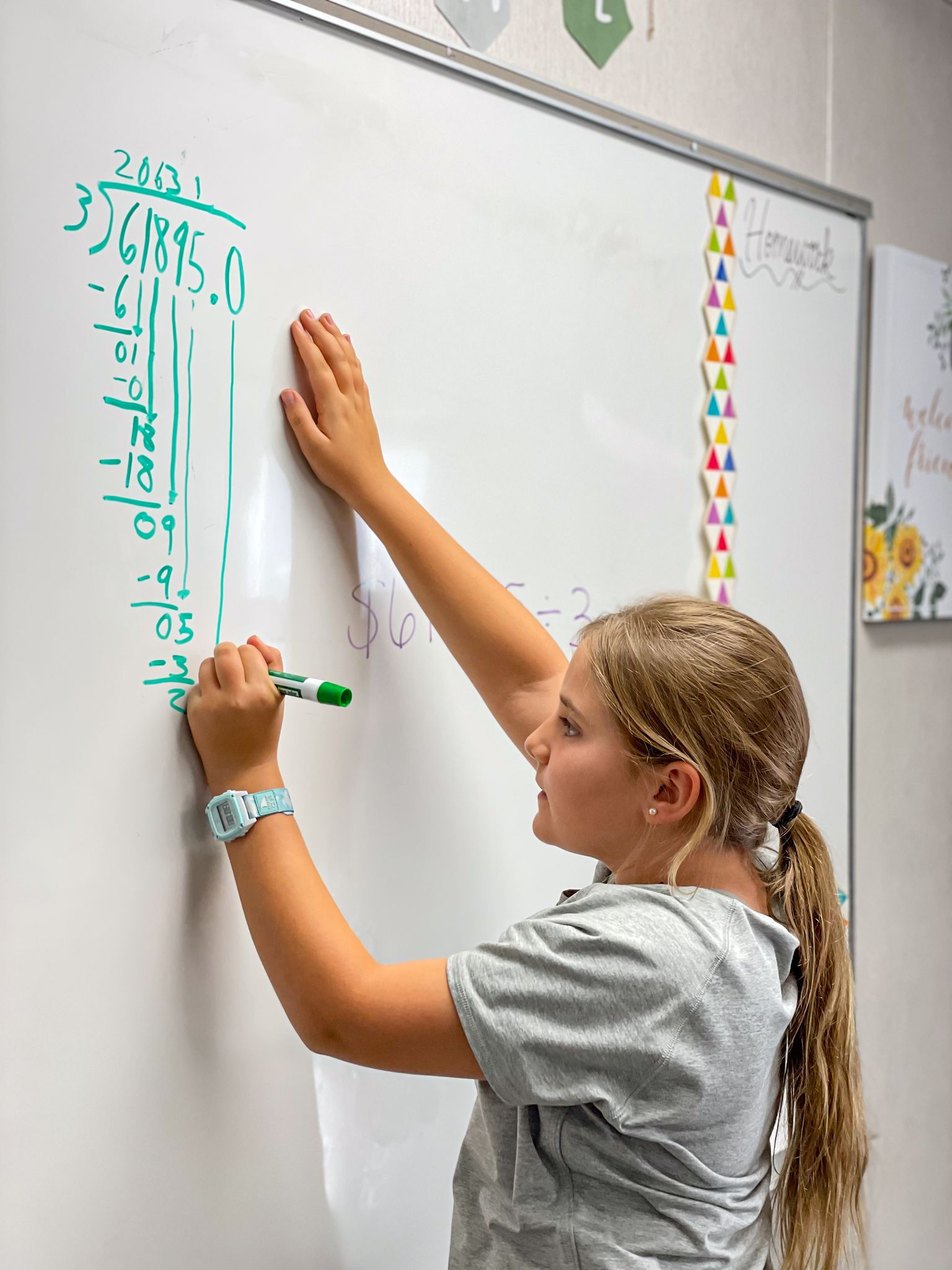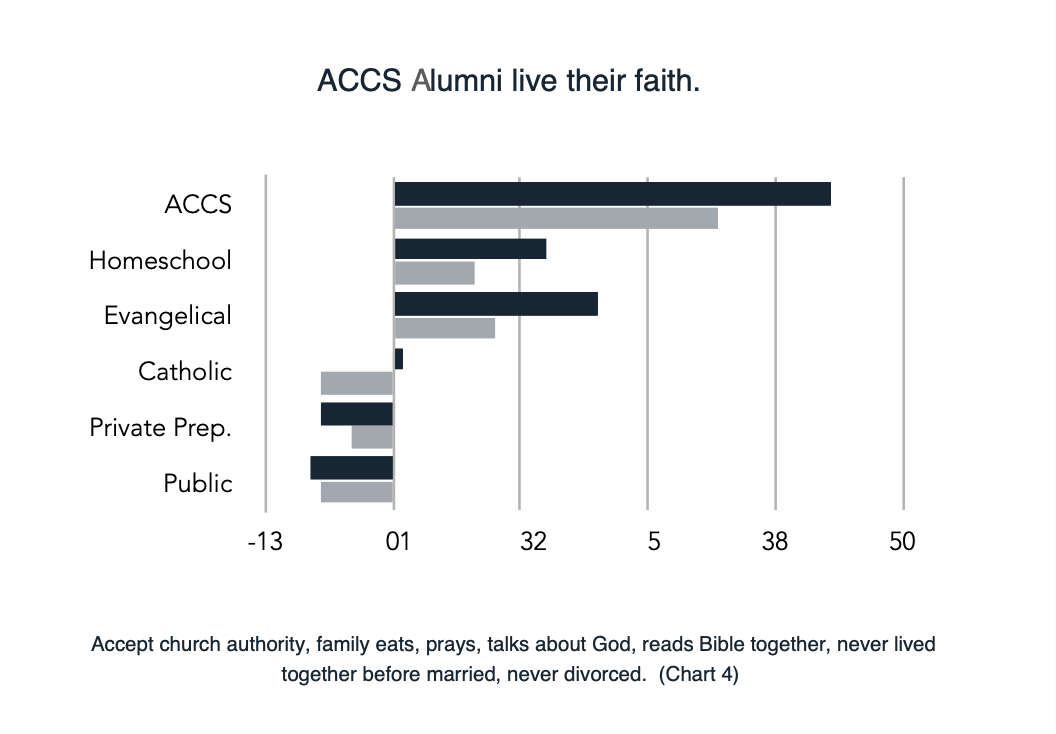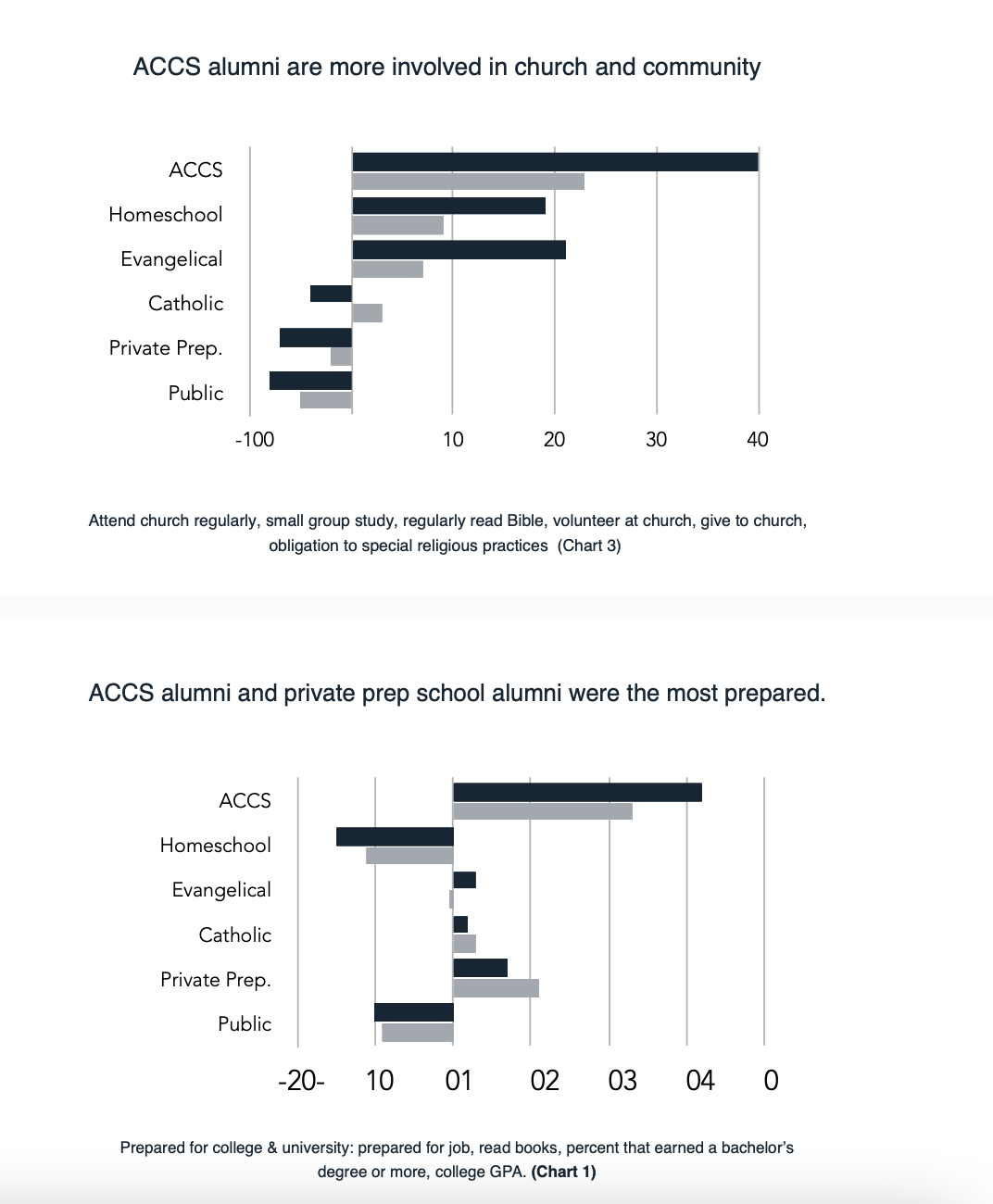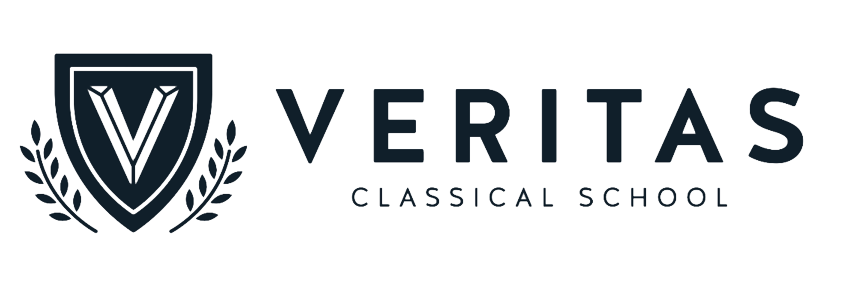Classical Education

Classical Education
Classical education, rooted in the traditions of the Greeks and Romans, is far from outdated. In fact, it aligns with the natural stages of child development, providing a dynamic learning experience. At the heart of classical education lies the Trivium—Latin for “the three ways”—which consists of Grammar, Logic, and Rhetoric. This framework allows students to engage with their education in a way that capitalizes on their developmental strengths.
By employing classical methods, we equip students with essential learning tools that prepare them for both the workforce and higher education, regardless of the specific content they will encounter. As the landscape of careers evolves—research suggests that many jobs available in ten years do not yet exist—we aim to cultivate adaptable thinkers who can navigate and even shape the future job market.
Central to our curriculum is Christ, whom we seek to honor and serve within our learning community. The Bible and its teachings form the foundation of our classical Christian approach. Our mentor teachers embody these beliefs, guiding students through thoughtful questions that encourage engagement with the world and their own challenges. We prioritize student ownership of the learning process, striving to create an environment where students feel a sense of accomplishment, even when faced with difficult material. While progressive education often emphasizes knowledge acquisition, classical and Christian education focuses on the holistic formation of heart, mind, and spirit, fostering true human flourishing.
Classical Christian Education Resurgence
The classical Christian education resurgence began in the early 1990’s following publication of the Douglas Wilson’s Recovering the Lost Tools of Learning: An Approach to Distinctly Christian Education (1991). In 2020 the Association of Classical Christian Schools (ACCS) commissioned a study by the University of Notre Dame’s Sociology Department to assess the impact of classical education. The results, revealed in the Good Soil Report (2020), favored completion of the ninth through twelfth grade program and deserve significant attention regarding student retention in classical Christian schools. The Good Soil Report reveals survey data that tracked the practices beliefs, attitudes, and other outcomes of alumni from five types of schools: public, secular preparatory schools, Catholic, evangelical Protestant, and religious home schools. Notre Dame statistically isolated the results of the survey to those caused by the school as opposed to those caused by the family or the church. By 2019 the ACCS has had enough graduates from which to draw a statistically valid sample and field the same survey through Notre Dame. The results show significant differences for alumni of ACCS schools. The report revealed ACCS alumni are “the most prepared for college and have healthy outlooks on life,” “continue and grow in their Christian faith and this impacts how they live their lives, particularly with marriage, church,” “and volunteering, and influence, independence, and commitment to traditional values makes them potentially the ‘saltiest’ of the groups tracked” (p. 52). The report’s use of the term saltiest referred to Jesus’ words recorded in Chapter 5, Verse 13 of the Book of Matthew (ESV, 2001).
The following graphs are three examples from the Good Soil Report. There are many more in the full report.


GRAMMAR SCHOOL
Students begin with the Grammar stage of education. Often through memorization, students are challenged with learning the basics of topics. At this stage children can retain vast quantities. Grammar School is kindergarten to 6th grade.
SCHOOL OF LOGIC
As students progress through the 7th and 8th grade, known as the Logic stage, they become naturally argumentative. Using their grammar knowledge, they learn how to debate with respect and dignity.
SCHOOL OF RHETORIC
The Rhetoric stage of classical education includes 9th through 12th grade and focuses on the art of persuasive speech and writing. Students take everything they have learned and, through winsomeness, share learning.
Rhetoric School
The rhetoric school experience is founded upon the realm of wonder, reason, and community. On completion of the logic school, the end of the eighth-grade year, a student has experienced each of these attributes. However, each is incomplete, and each is immature. Just as the student himself is immature in the understanding of information.
“Education begins with memory and imitation” (Sayers, 1947). It culminates at Veritas in rhetoric school with “the cultivation of the trained affections” (Lewis, 1949) for a lifetime of reasoning, learning and wonder. The liberal arts were used to demonstrate something as true. Inevitably the culture of the school educates as much as its curriculum. Virtue and piety played a role in the pursuit of wisdom. Louis Markos, speaking in the Miseducation of America (2022) television documentary says, “Unlike values that are man-made, virtue is shaping young people in accordance with a standard that does not change from age to age.”
The tradition considers rhetoric as the culmination of the arts of language: it brings together key skills cultivated in grammar and logic for the purpose of creative and persuasive speech, and it also leads learning from the classroom, so to speak into the public square.
– Clark & Jain 2021
